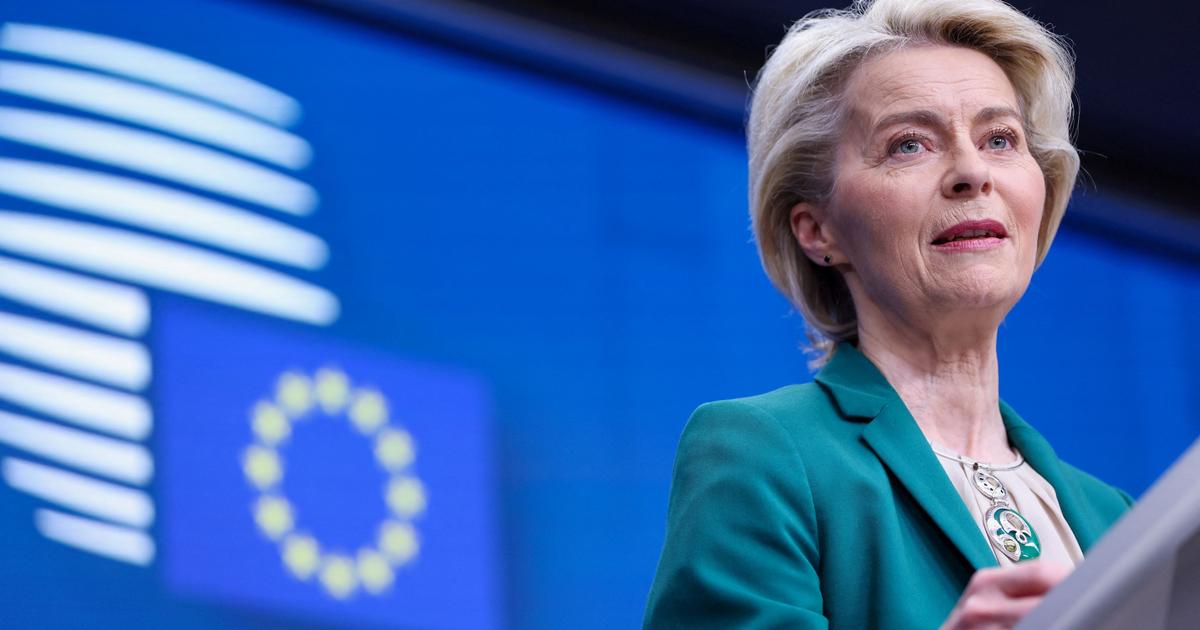Europe they note would suffer the most, as the EU holds 200bn of Russian reserves while the US and other G7 hold very little. Russia will simply respond by confiscating the assets of European companies. “Foreign assets in Russia remain at US$285 billion, 105 of which are owned by European companies, three times more than those from the United States ($36 billion).”
From a legal point of view, the confiscation of sovereign assets causes a number of disagreements among legal experts, since it concerns the immunity of sovereign funds. Sanctions imposed against Russia should be “temporary” and “reversible.” Many attempts and legal loopholes have been proposed in the past to bring the confiscation of Russian assets into line with international law. One of them is to use Russian assets as real collateral for loans to Ukraine. However, this amounts to confiscation because it minimizes the economic value of these assets.
It is also necessary to take into account the risks associated with the associated litigation: Euroclear is already a defendant in Russian courts and will probably never see the money that Russian investors are claiming back. In addition, Belgium faces investment proceedings initiated by Russia under a bilateral investment protection agreement. The Belgian government has already taken Euroclear’s profits from its Russian assets, so the issue of ownership shares will be decided. It remains to prove that we are talking about “excess profits,” as trade union activists claim, and not about the typical income for an investor who owns similar securities.
Europe is dependent on open markets, so it fully adheres to international law and a multilateral approach to resolving issues. So if the EU considers confiscation on such a large scale to the point of legality, its reputation will be tarnished. There is hardly any cause for concern in such a dominant economy as the American one. But if the EU jeopardizes the rule of law on ownership stakes, it will lose investor confidence.
Finally, a boomerang effect is also possible. For almost two decades, Germany and Italy have been arguing in the International Court of Justice over the limits of state immunity in the matter of compensation for victims of crimes committed by Nazi troops on Italian territory or against Italian citizens. Indeed, if state immunity is revised, Germany may be forced to return to the practice of confiscating property for atrocities committed during the Second World War.


It could be even worse to the EU if the western bourgeoisie who owns the 100B in Russia demands to be repaid for Russia taking their money (which will likely happen as a reaction to such seizing by the EU), and those that own part of the Russian companies that had their funds seized might also demand a cut.
This could mean that the EU only gets about half or less of what they steal, but if they give this money to Ukraine before paying back their own this could just lead to them having to raise another 100B+ from their own population (from my calculations this would be about 1% of total tax collected by the EU, but I might be wrong) to pay that which just makes it all worse for them, specially if the euro loses much value during this while they may need to pay in dollars.